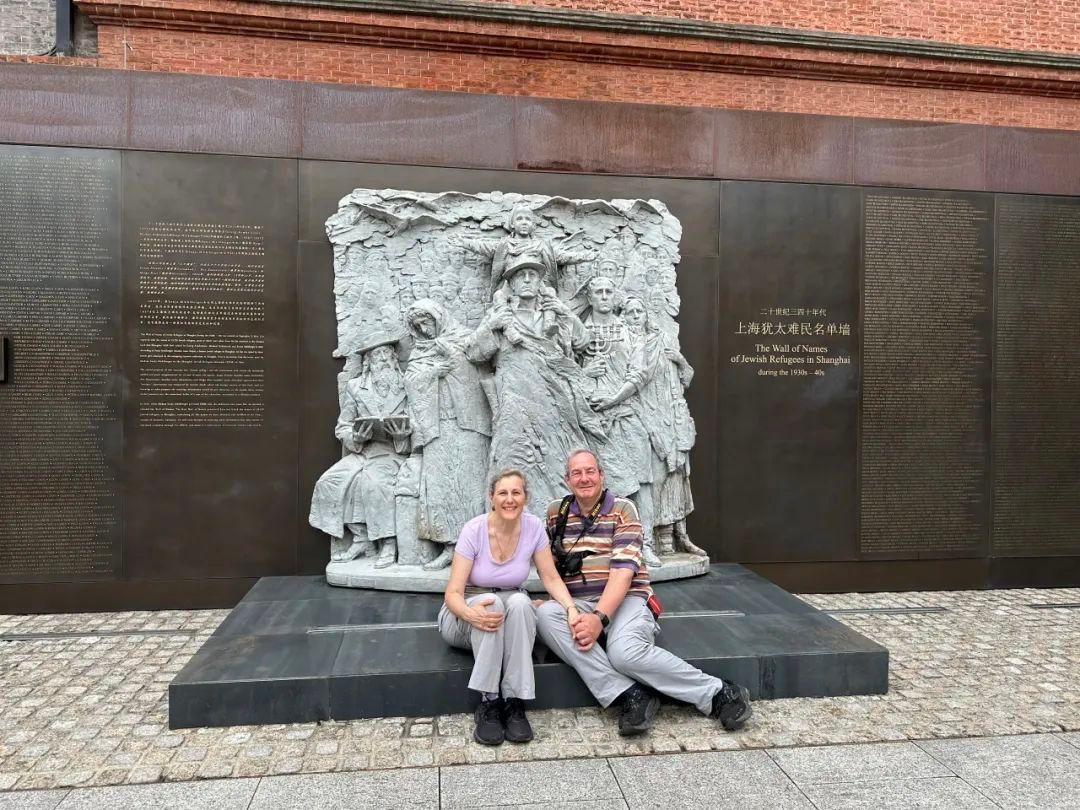
Recently, Sandra and Paul from America traveled a long way to Shanghai with stories of their loved ones, each of whom had their own history in Shanghai.
Sandra told us that her aunt Susan Flusser was born in Vienna, Austria. In 1941, at the age of 4, Susan fled Austria under Nazi control with her father. They traveled via the Trans-Siberian Railway to the Soviet Union, then took a ship to Japan, and finally arrived in Shanghai, China, to reunite with her mother and elder brother who had come to Shanghai earlier. Susan later recalled in an interview that they were living among Chinese people who were poor but kind. They often borrowed all kind of necessities from each other. During her time in Shanghai, Susan also learned to speak Mandarin and Shanghai dialect to adapt to the local life.
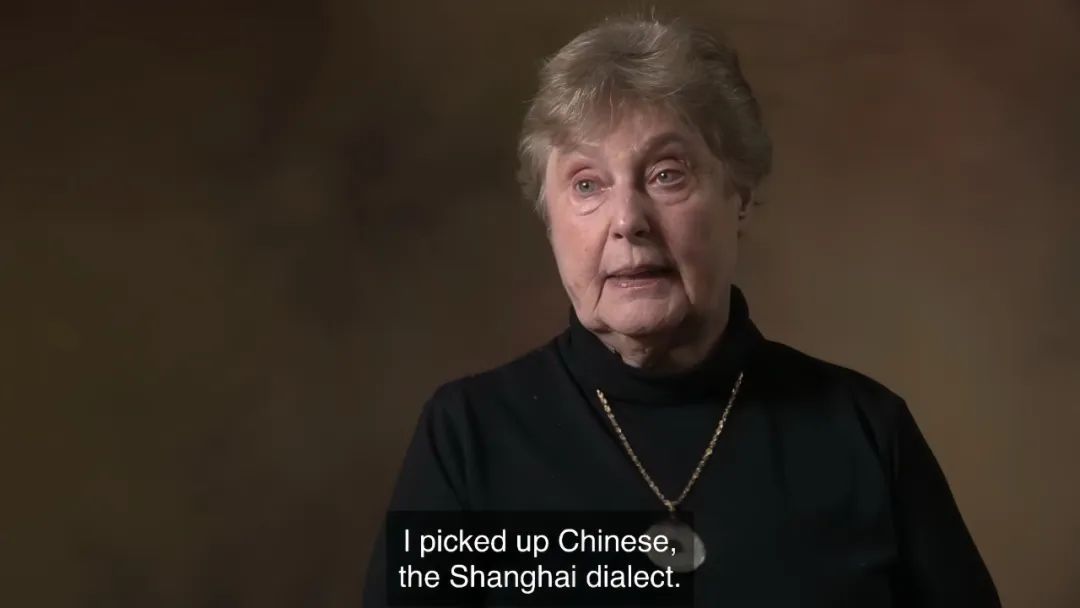
Sandra's aunt Susan Flusser
After the war, Susan's family left Shanghai and immigrated to the United States. Now, at the age of 87, Susan, who lives in New York, often tells the younger generations her experience in Shanghai. She has Chinese-style furniture and Chinese artworks at her home in memory of this special period.
Adolf Josef Storfer, the cousin of Paul's grandfather, was also a Jewish refugee in Shanghai. He founded the "Gelbe Post" on May 1st, 1939 in Shanghai. It was a German-newspaper and was regarded as one of the most successful newspapers in Asia at that time. The newspaper features articles on culture, politics and local information.
Paul didn't know much about the experience of Adolf in Shanghai until he saw the section about refugee Journalism in the Museum where there was an introduction of the "Gelbe Post" and its founder, Adolf Josef Storfer. After seeing this, Paul was so excited, "This is such a surprise."
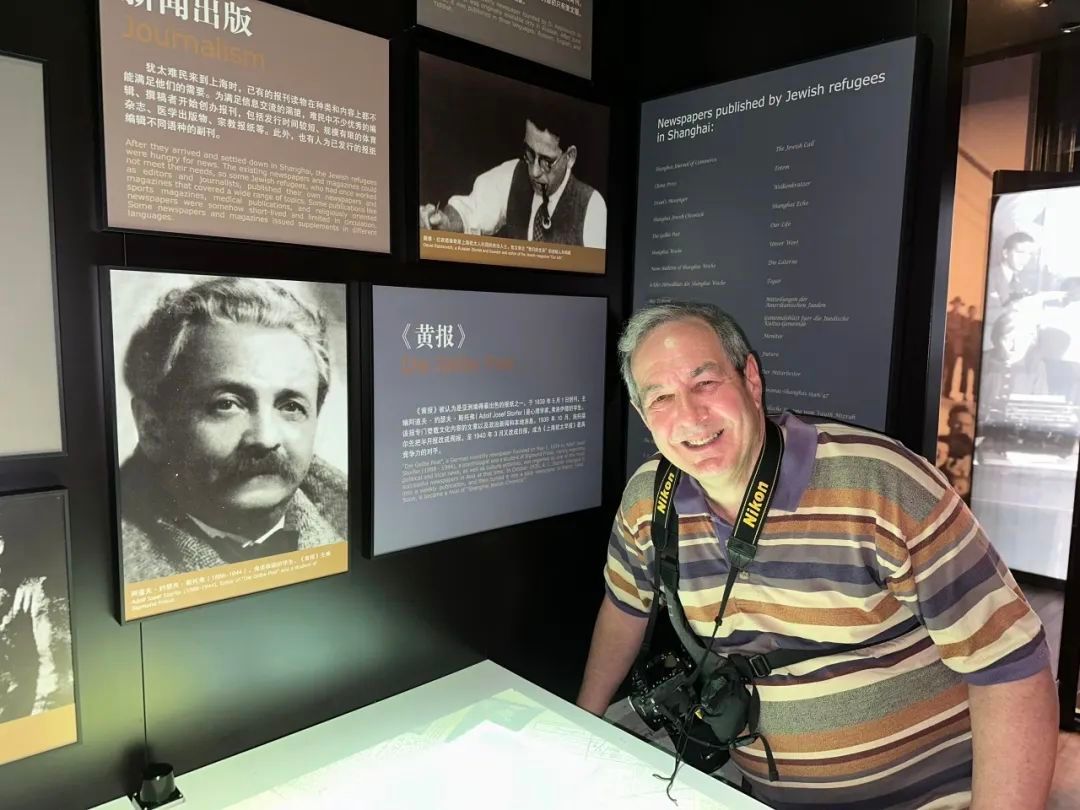
Paul visting the exhibition hall
After the visit, Sandra and Paul said that they had only known about what happened in Europe during World War II before, and knew very little about the stories of Jewish refugees in Shanghai. They were extremely grateful to Shanghai for providing a place of refuge and hope for survival. Otherwise, their families would have faced death.
This couple also found the names of their families on the Wall of Names, and felt the warmth and tenacity of human nature behind these names during those turbulent years.
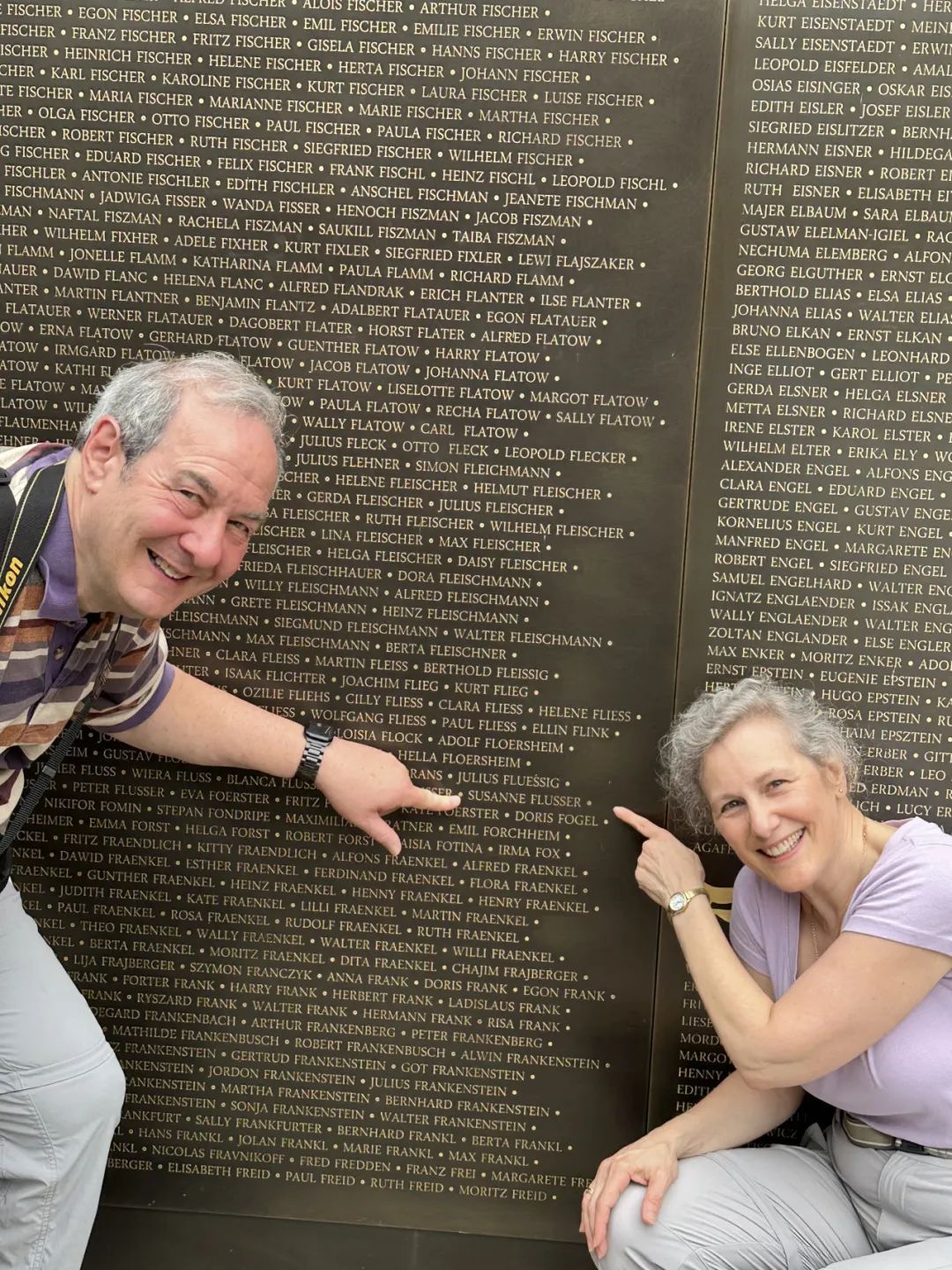
Sandra and Paul pointing out the names of their family members on the Wall

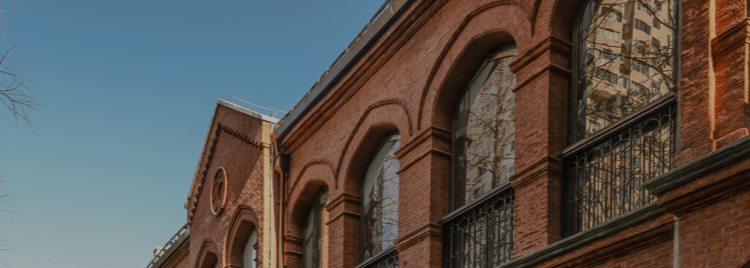
![]() 021-55133186
021-55133186![]() info@shjews.com
info@shjews.com![]() 62 Changyang Road, Hongkou District
62 Changyang Road, Hongkou District

![]() 021-55133186
021-55133186![]() info@shjews.com
info@shjews.com![]() 62 Changyang Road, Hongkou District
62 Changyang Road, Hongkou District